
According to the new criteria included in the draft revised Securities Law, many experts expressed concern that professional individual investors will be made difficult - Photo: QUANG DINH
Many investors and securities experts shared this opinion when discussing with us about the draft amended Securities Law, which adds many regulations related to professional individual investors (professional traders) such as having to participate in securities investment for at least 2 years, trading at least 10 times per quarter in the last 4 quarters, having a minimum income of 1 billion VND/year in the last 2 years...
Encourage "surfing" investment?
Sharing on his personal page, a financial expert and stock investor said that in the whole year of 2023, he personally placed and matched 8 orders, including buy and sell, with confirmation from the securities company as a professional stock investor.
Therefore, with the additional criteria in the draft law, this investor said that he will no longer qualify as a professional securities investor, which means he will not be eligible to buy privately issued bonds according to the law.
Speaking to Tuoi Tre, Mr. Bui Van Huy - Director of DSC Securities Ho Chi Minh City Branch - emphasized his support for the orientation of building a transparent bond market by raising barriers to market participation. However, protecting investors does not mean narrowing the scope of subjects entitled to trade bonds.
"The additional regulations on conditions for being a professional investor in the draft have unreasonable points, especially the regulation that individual investors must have a minimum trading frequency of 10 times in the last 4 quarters," Mr. Huy said, affirming that people with long-term investment strategies always have a low number of transactions.
Meanwhile, according to Mr. Nguyen Thanh Trung - investment consulting director of Thanh Cong Securities Joint Stock Company, professional investors do not necessarily have to trade a lot. "Trading with high frequency is usually for investors with a tendency to surf, while many professional investors only place 1-2 orders in a quarter," Mr. Trung affirmed.
According to Mr. Trung, there are many customers of this company who, although they "make few orders", are effective because they have reasonable, long-term strategies. If the new regulations are applied, many investors who are professional will likely become amateurs.
"If we apply this criterion, the percentage of professional customers on our side will probably only be 10-15%," said Mr. Trung, adding that the concept of professional individual investors should focus on criteria such as knowledge, assets, income... rather than the issue of transaction frequency.
Worry about long-term investors facing difficulties
Statistics from a number of credit rating agencies show that individual investors are the second largest group of corporate bond holders, after banks. This is a small-scale market, and solutions are needed to improve the quality of bonds and encourage investors to participate. However, with these new criteria, according to experts, it is not impossible that many investors will withdraw from the market.
Mr. Huynh Hoang Phuong - FIDT's asset management consultant - said that professional investors are often evaluated based on two criteria: financial capacity or professional qualifications. Current law stipulates that professional investors must meet one of two criteria: minimum net securities assets of VND2 billion or minimum income of VND1 billion/year.
"The proposed amendment, which adds the number of transactions, is not one of the two factors of professional qualifications or financial capacity. Therefore, the proposal is difficult to avoid controversy," said Mr. Phuong.
Although he affirmed that tightening regulations on professional investors is necessary to limit risks for investors, especially for investors participating in the privately issued bond market, according to Mr. Phuong, this is also a temporary solution when investment products in Vietnam are not diverse, especially the public bond market has not really developed.
However, this also causes certain difficulties for long-term investors. "With the number of times being 10 times/quarter, equivalent to an average of more than 3 times/month, it does not stimulate too many transactions, but it is also a limitation for some long-term investors who only reallocate their portfolios according to strategy," Mr. Phuong pointed out the problem.
Meanwhile, Mr. Vu Duy Khanh - Director of Analysis of Smart Invest Securities (AAS) - said that it is not necessary to tighten by simultaneously regulating 1 billion in income along with transaction frequency. "Instead, regulate investors to buy bonds through organizations such as funds, pushing the appraisal function to these units," Mr. Khanh suggested.
Foreign investors do not need to deposit 100% before trading.
In the circular amending and supplementing a number of articles on transactions, clearing and payment, recently issued by the Ministry of Finance, effective from November 2, 2024, foreign investors buying stocks no longer have to meet the requirement of having enough money (non-pre-funding) when placing orders as before.
Instead, securities companies must assess the capacity of their clients to determine the agreed margin level. If foreign institutional investors are short of money, the securities company will pay the shortfall through its own proprietary trading account.
Ms. Thai Thi Viet Trinh, SSI Securities expert, said that this is a step closer for the Vietnamese stock market to meet the requirements for upgrading to an emerging market by FTSE Russell (an international rating organization).
According to SSI experts, with the upgrade to emerging market status, preliminary estimates of capital flows from ETF funds could reach up to 1.7 billion USD, not including capital flows from active funds.
How do countries define "professional stock investors"?
Mr. Nguyen The Minh - Director of Research and Analysis of Individual Clients at Yuanta Securities - said that regulations on professional securities investors in many countries only focus on three main factors including experience in the market, net asset value (NAV) and annual income or financial assets, without transaction frequency.
For example, in Singapore, professional investors are defined by the Monetary Authority of Singapore as having a net worth exceeding SGD 2 million, or an annual income of at least SGD 300,000, or financial assets exceeding SGD 1 million. The Securities Commission of Malaysia defines professional individual investors as having total personal assets exceeding MYR 3 million or an annual income of not less than MYR 300,000.
In Thailand, the Securities and Exchange Commission stipulates that individual professional investors must have net assets of at least 30 million baht, or have an annual income of at least 3 million baht, or invest in securities and derivatives of at least 8 million baht...
Source: https://tuoitre.vn/nha-dau-tu-chung-khoan-bi-lam-kho-voi-du-thao-luat-chung-khoan-sua-doi-20240919213916996.htm


![[Photo] National Assembly Chairman Tran Thanh Man meets with King Philippe of Belgium](https://vstatic.vietnam.vn/vietnam/resource/IMAGE/2025/4/1/c6fb3ef1d4504726a738406fb7e6273f)
![[Photo] Queen of the Kingdom of Belgium and the wife of President Luong Cuong visit Uncle Ho's Stilt House](https://vstatic.vietnam.vn/vietnam/resource/IMAGE/2025/4/1/9752eee556e54ac481c172c1130520cd)
![[Photo] President Luong Cuong meets with King Philippe of Belgium](https://vstatic.vietnam.vn/vietnam/resource/IMAGE/2025/4/1/1ce6351a31734a1a833f595a89648faf)

![[Photo] President Luong Cuong and the King of Belgium witness the Vietnam-Belgium document exchange ceremony](https://vstatic.vietnam.vn/vietnam/resource/IMAGE/2025/4/1/df43237b0d2d4f1997892fe485bd05a2)
![[Photo] Official welcoming ceremony for the King and Queen of the Kingdom of Belgium](https://vstatic.vietnam.vn/vietnam/resource/IMAGE/2025/4/1/9e1e23e54fad482aa7680fa5d11a1480)
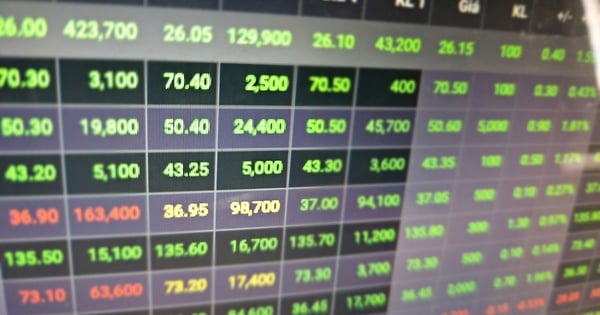





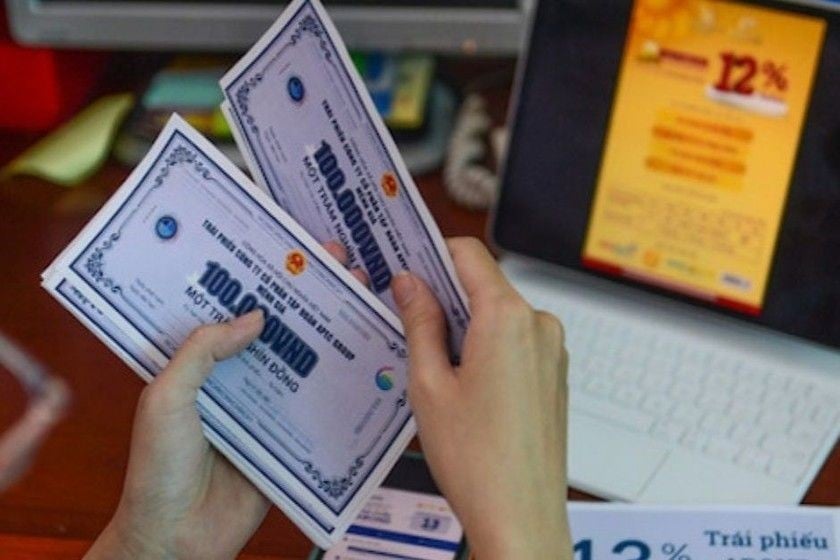

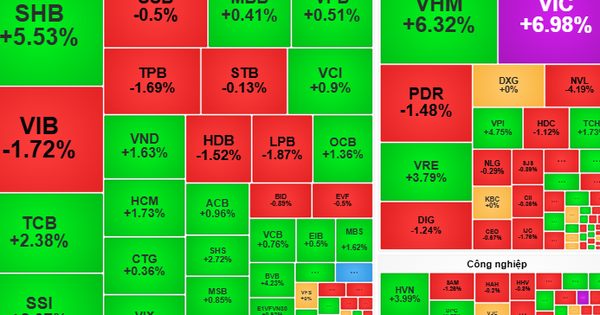

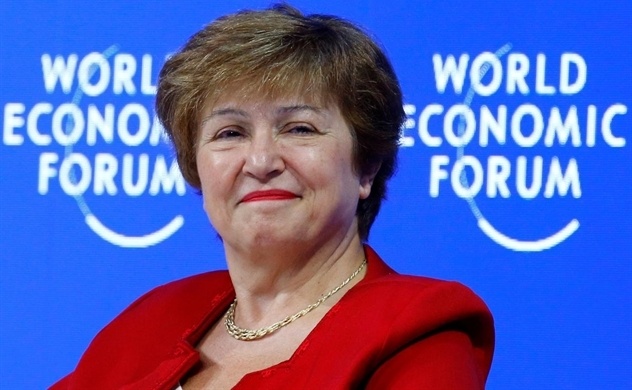


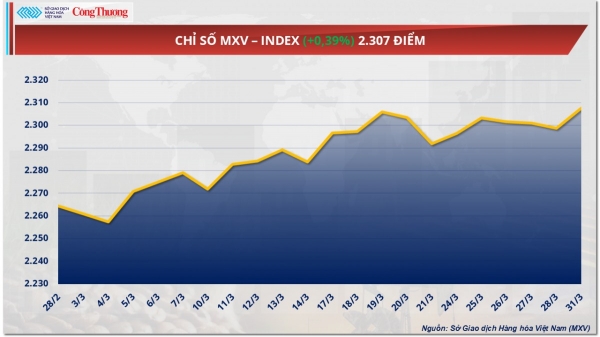

![[Infographic] Vietnam's manufacturing industry recovers: Positive signals in early 2025](https://vstatic.vietnam.vn/vietnam/resource/IMAGE/2025/4/1/53389fc2248e47c8a06ec8c00a632823)






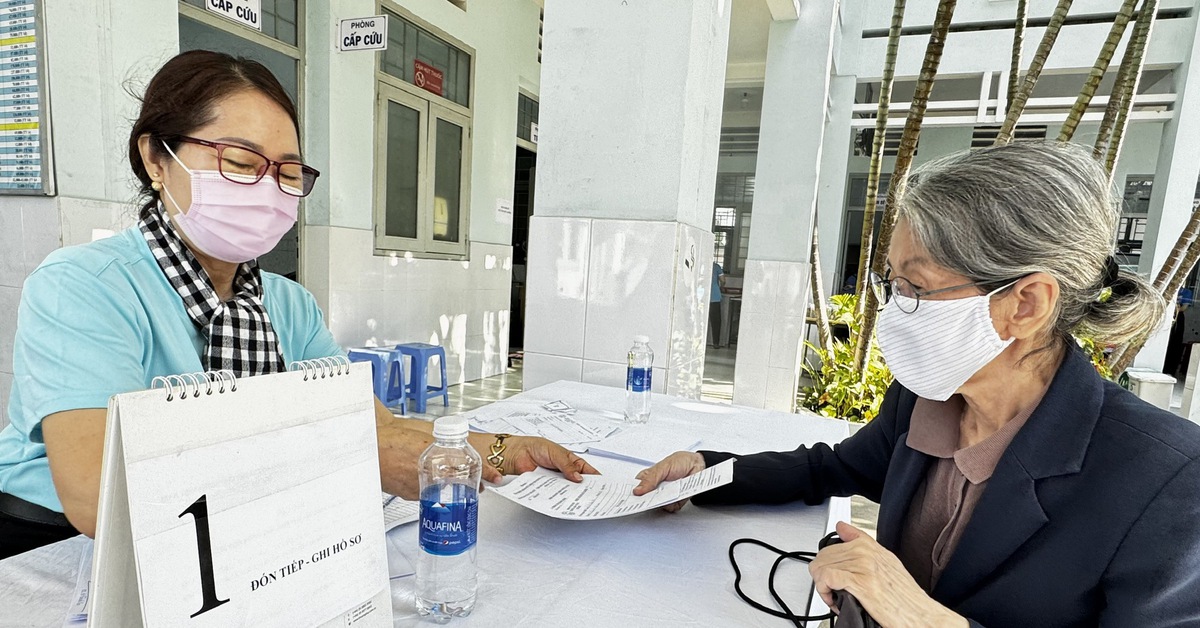


































































Comment (0)